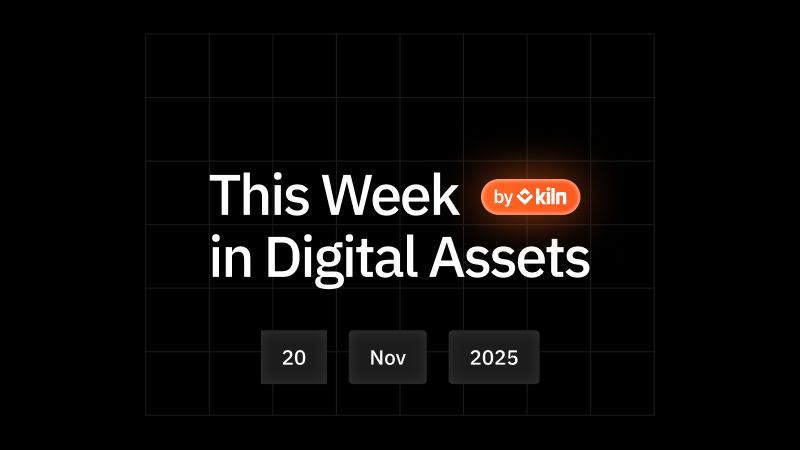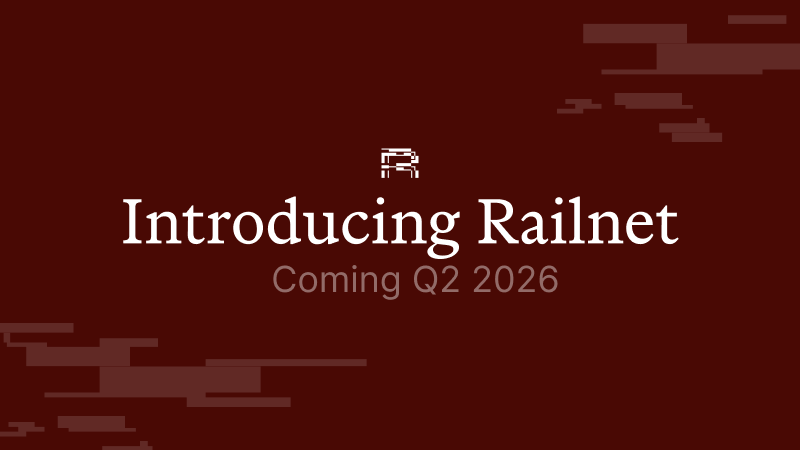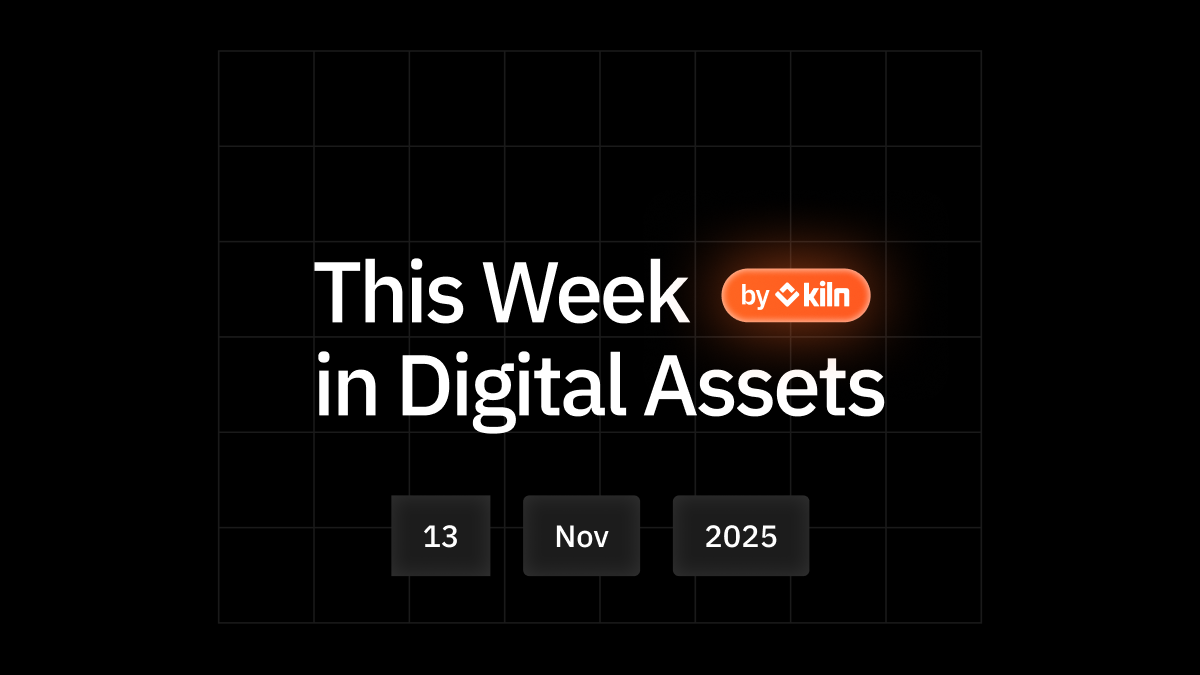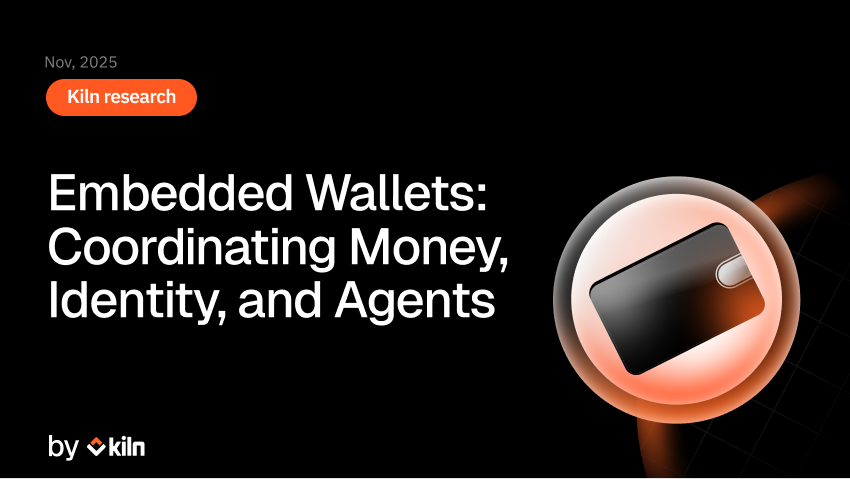The Solana network has reached escape velocity. With high developer and user activity and a maturing tech stack, it is inching closer to delivering its founding vision of a "decentralised NASDAQ at the speed of light."
At Kiln, we are proud to be supporting the network and are excited to highlight and explain its intricacies to our community. In this article, we will cover the advancement of validator clients on Solana, i.e the software that servers on the Solana network run. We'll cover the basic definition of a validator versus a validator client and highlight the different Solana clients available, including Agave, Firedancer and others.
Validator vs. Validator Client
A validator is a node on the Solana network that participates in consensus by verifying transactions, creating new blocks, and securing the network. The validator has stake accounts delegated to its vote account and stakers receive rewards.
A validator client, on the other hand, is the software that validators run to connect to and interact with the Solana blockchain. It's essentially the operating system of the Solana network. Having multiple validator clients is crucial for network resilience and decentralisation, as it eliminates single points of failure in the network's software.
What are Solana Validator Clients?
Solana currently has multiple validator clients in various stages of development:
Agave
Agave is the continuation of the original Solana Labs validator client, now being developed by Anza. It's written in Rust and forms the foundation of Solana's validator ecosystem.
Firedancer
Firedancer is a high-performance validator client developed by Jump Crypto. Written in C/C++, it aims to dramatically increase Solana's transaction processing capabilities. While still in development, its potential is evident through its predecessor, Frankendancer.
Frankendancer
Frankendancer is a hybrid client operational on Solana mainnet. It combines some Firedancer components with Agave's code for execution and consensus. Recently, it demonstrated the ability to process one million transactions per second (TPS) using standard consumer-grade hardware.
Live demo of the Frankendancer Solana validator client running 1m TPS at Right Curve pic.twitter.com/7DgRGLuFR3
— Solana Breakpoint ☀️ ABU DHABI Dec. 11-13 (@SolanaConf) September 21, 2024
Jito
Jito-Solana is modified MEV validator client developed by Jito Labs. It's a fork of the original Solana Labs client but includes additional features like a block engine. Jito allows stakers to earn MEV rewards during the validators leader slots.
Mithril
Mithril is a Solana full node client written in Golang, designed to serve as a "verifying full node" for the Solana blockchain. It aims to provide lower hardware requirements compared to traditional Solana validators and RPC nodes, making it more accessible for users to run a full node.
Sig
Sig is a Solana validator client written in the Zig programming language. It focuses on optimising RPC processes to boost validator performance.
Tinydancer
An open-source light client implementation for Solana. A light client allows anyone to verify the validity of their transaction and state without requiring a full node.
Check out the full breakdown of Solana validator clients:

At Kiln, we're excited to be part of this network evolution, offering our enterprise staking customers access to these benefits. By leveraging the latest validator clients and technologies, we ensure our customers can maximise their staking rewards while contributing to the overall health and growth of the network. As the Solana network continues to mature and innovate, we remain committed to keeping up with the network, regardless of future TPS!
About Kiln
Kiln is a leading digital asset rewards management platform, enabling businesses to earn rewards on their digital assets or white-label earning functionality into their products. Our API-first platform allows fully automated management of validators, rewards, data, and commissions. Kiln manages over $11 billion in crypto assets, with a strong track record on Ethereum and Solana networks—operating around 4.5% of Ethereum’s and 2.57% of Solana’s total staked assets. Kiln is also SOC 2 Type II compliant.
About Kiln
Kiln is the leading staking and digital asset rewards management platform, enabling institutional customers to earn rewards on their digital assets, or to whitelabel earning functionality into their products. Kiln runs validators on all major PoS blockchains, with over $11 billion in crypto assets being programmatically staked and running over 5% of the Ethereum network on a multi-client, multi-cloud, and multi-region infrastructure. Kiln also provides a validator-agnostic suite of products for fully automated deployment of validators and reporting and commission management, enabling custodians, wallets, and exchanges to streamline staking or DeFi operations across providers. Kiln is SOC2 Type 2 certified.

















